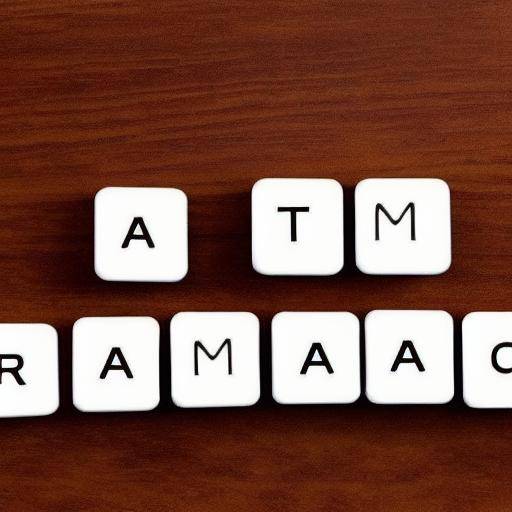
Stress management is a crucial skill in modern life. Finding effective ways of managing stress is essential for mental and physical well-being. Mental flexibility is a powerful tool that can help us manage stress more effectively. In this article, we will explore how mental flexibility can be used as an effective strategy to manage stress, thus promoting mental well-being.
Introduction
Stress is a natural response of the body to challenging or threatening situations. Work pressure, personal problems, or unexpected changes can trigger stress. While occasional stress can be manageable, chronic stress can have a significant impact on overall health and well-being. This is where mental flexibility can play a crucial role.
History and Background
The idea of mental flexibility is based on psychology and philosophy. From the ancient teachings of philosophers such as Seneca and Epicteto to modern theories of cognitive psychology, mental flexibility has been a subject of interest for centuries.
Historical developments
- Ancient Philosophy: Stoic philosophers like Seneca and Epicteto taught the importance of adapting our thoughts to face adversities.
- Development in Psychology: In the 20th century, psychologists like Albert Ellis and Aaron Beck developed therapeutic techniques that promoted cognitive flexibility, emphasizing the importance of adapting the structures of thought and behavior to face stressful challenges and situations.
- Modern Therapies: Today, mental flexibility is recognized as an important pillar in therapies such as cognitive-behavioral therapy (CTC) and positive psychology. Recent research has shown its relevance to the management of stress and mental well-being in general.
Analysis in Deep
Benefits of Mental Flexibility
- Adaptability: Mental flexibility allows people to adapt to changing situations, which reduces the intensity of perceived stress.
- Perspective: Being able to see situations from different perspectives, people with mental flexibility can find creative and constructive solutions to the stressful challenges of life.
- Resilience: Developing mental flexibility strengthens resilience, allowing you to face the challenges with a positive and proactive attitude.
Challenges in the Development of Mental Flexibility
- Rigid Thought Patterns: Overcoming rigid or negative thinking patterns requires time and effort.
- Continuous practice: Developing mental flexibility is a continuous process that requires practice and patience.
- Resistance to Change: Some people may find it difficult to change their thinking and adapt to new perspectives.
Comprehensive review
Practices of Mental Flexibility
- Cognitive-Conductual Therapy: Use TCC techniques to challenge and change negative thinking patterns.
- Meditation Mindfulness: Practice mindfulness meditation to develop greater awareness and acceptance of thoughts and emotions.
- Resilience Practice: Develop resilience through exercises and activities that promote mental flexibility.
Practical Tips and Useful Actions
- Practice Self-Compassion: Be friendly and understanding with oneself during moments of stress.
- Question Negative Thoughts: Challenge and question negative automatic thoughts that can increase stress.
- Keep an Open Attitude: Adopt an open and curious attitude towards stressful situations to find new perspectives and solutions.
- Establish Realist Goals: Define attainable goals and divide large tasks into manageable steps.
Conclusions
Mental flexibility is a valuable skill that can be cultivated and used to handle stress effectively. By developing this skill, it is possible to reduce the impact of chronic stress and promote greater mental and emotional well-being in everyday life.
For those seeking to strengthen their resilience to stress, mental flexibility offers a solid and sustainable approach to navigate the challenges of life with greater tranquility and mental clarity.
Frequently asked questions (FAQs)
1. What is mental flexibility?
Mental flexibility is the ability to adapt to new situations and change thought patterns in response to different challenges and circumstances.
2. How can mental flexibility help manage stress?
Mental flexibility helps to manage stress by allowing people to adapt to changing situations, find creative solutions and reduce threat perception.
3. What are some techniques to develop mental flexibility?
Some techniques include cognitive-behavioral therapy, mindfulness meditation, and resilience practice through specific exercises.
4. Is it difficult to develop mental flexibility?
Developing mental flexibility can be challenging, as it involves changing established thinking patterns. However, with practice and patience, it is possible to improve this ability.
5. Can everyone benefit from mental flexibility?
Yes, mental flexibility can benefit everyone, regardless of age or situation, helping to manage stress and improve overall well-being.
6. How long do you need to develop mental flexibility?
The time needed to develop mental flexibility varies according to the person, but with regular practice, significant improvements can be seen in a few weeks or months.






















































